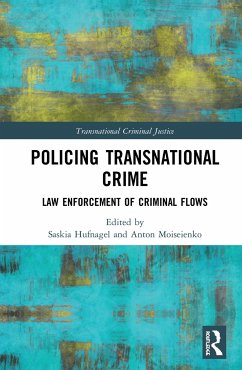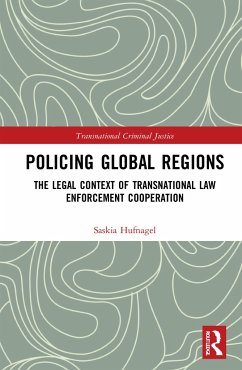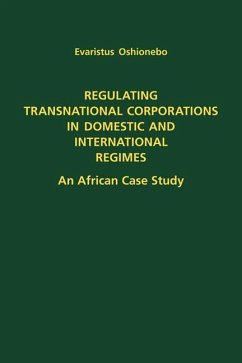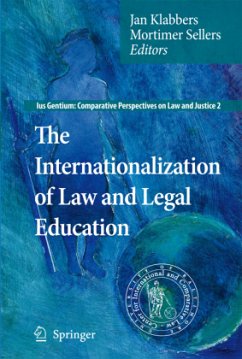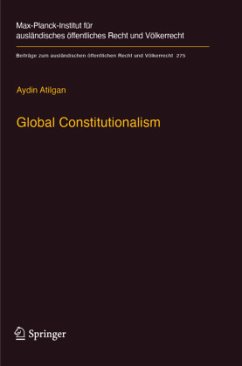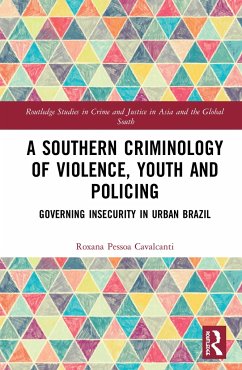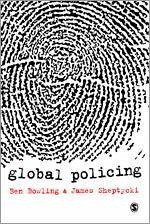
Global Policing
Versandkostenfrei!
Versandfertig in 1-2 Wochen
147,99 €
inkl. MwSt.
Weitere Ausgaben:

PAYBACK Punkte
74 °P sammeln!
In the transitional networked society, police power is no longer constrained by the borders of the nation state. It has globalised. Global Policing shows how security threats have been constructed by powerful actors to justify the creation of a new global policing architecture and how the subculture of policing shapes the world system. Demonstrating how a theory of global policing is central to understanding global governance, the text explores: - the 'new security agenda' focused on serious organised crime and terrorism and how this is transforming policing - the creation of global organisati...
In the transitional networked society, police power is no longer constrained by the borders of the nation state. It has globalised. Global Policing shows how security threats have been constructed by powerful actors to justify the creation of a new global policing architecture and how the subculture of policing shapes the world system. Demonstrating how a theory of global policing is central to understanding global governance, the text explores: - the 'new security agenda' focused on serious organised crime and terrorism and how this is transforming policing - the creation of global organisations such as Interpol, regional entities such as Europol, and national policing agencies with a transnational reach - the subculture of the 'global cops', blurring boundaries between police, private security, military and secret intelligence agencies - the reality of transnational policing on the ground, its effectiveness, legitimacy, accountability and future development. Written by two leading international experts who bring cutting-edge theoretical debates to life with case studies and examples, Global Policing will prove captivating reading for students and scholars in criminology, criminal justice, international relations, law and sociology.






